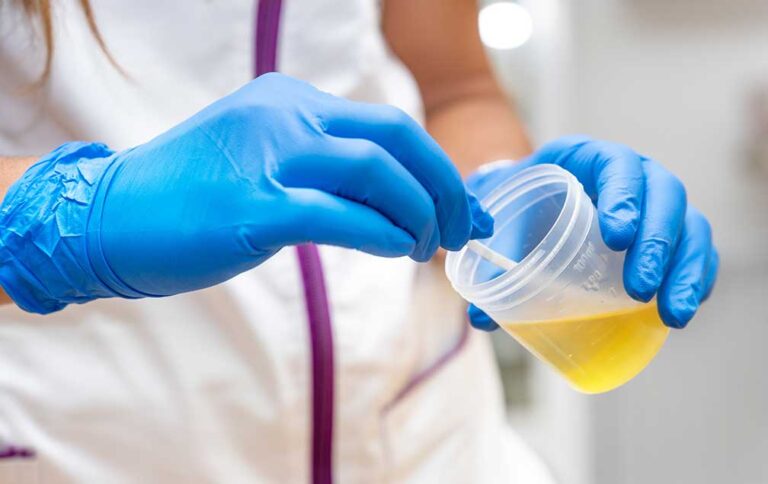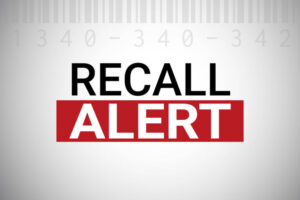WASHINGTON — The U.S. Department of Transportation (DOT) is proposing to revise its testing procedures rule in the Drug and Alcohol Clearinghouse, providing interim provisions to require directly observed urine tests in situations where oral fluid tests are currently required but oral fluid testing is not yet available.
According to the Federal Register posting, the proposed changes to the procedures are to “address unforeseen circumstances rendering it impossible to comply with requirements in the final rule.”
Comments on the current proposal, Docket ID No. DOT-OST-2021-0093, can be posted online regulations.gov.
After receiving negative comments, the DOT on Aug. 1, 2024, published a notice in the Federal Register withdrawing a direct final rule (DFR) that was published on June 21 regarding procedures for transportation workplace drug and alcohol testing programs.
In May 2023, the DOT announced changes to the program to allow for the inclusion of oral fluid testing. The DFR was not intended to replace current drug testing collection methods but to add to the choices employers and drivers have when taking an agency-issued test.
The final rule, established June 21, 2024, stated that the DOT would be making a series of technical amendments to its drug testing procedures rule, which was effective June 1. According to the DOT, the purpose of the technical amendments was “to clarify certain provisions of the rule and address omissions of which we have become aware since the publication of the final rule.”
The original proposed rule stated that the USDOT was proposing to revise its drug and alcohol testing procedures to provide temporary qualification requirements for mock oral fluid monitors, provide for consistent privacy requirements by identifying which individuals may be present during an oral fluid collection, and clarify how collectors are to specify that a sufficient volume of oral fluid is collected.
In a notice posted to the Federal Register on Dec. 6, the DOT said that in the May 2023 Final Rule, “we required an oral fluid test to be conducted in certain circumstances where an observed collection is required. However, because oral fluid testing is not yet available, DOT proposes to amend DOT’s regulations to require the conduct of directly observed urine collections in those circumstances for an interim period. This rulemaking would correct the inadvertent factual impossibility created by the May 2023 Final Rule.”
According to the notice, DOT regulations require that a collection be directly observed in certain circumstances, e.g., if the original sample was invalid without adequate medical explanation or the test is for a return to duty. In the May 2023 Final Rule, DOT codified a procedure requiring the directly observed collection to be an oral fluid test rather than a urine test in certain situations. However, oral fluid testing cannot be implemented until the Department of Health and Human Services (HHS) certifies at least two laboratories, one to serve as a primary laboratory, and a second to serve as a split specimen laboratory. Because no oral fluid laboratories have been certified, it is not yet possible to comply with this provision. In the interim, it is necessary to ensure that directly observed collections can still be conducted when required. DOT proposes to require directly observed urine collections in the situations specified in § 40.67(g)(3) if an oral fluid collection is not yet available.
“We emphasize that the responsibility of ensuring the collection takes place has always been a requirement the employer must satisfy. If a directly observed urine collection is required, the burden – as is currently the case – remains on the employer to provide an observer as specified in § 40.67(g) if the collection site cannot do so,” the DOT said in the notice. “We intend this provision to require directly observed urine tests in situations where an oral fluid collection is required, but is not yet available, to be a temporary, short-term solution because there are currently no certified oral fluid laboratories.”
Phase II of the Clearinghouse went into effect Nov. 18, 2024, resulting in CDL downgrades or revocations for numerous professional drivers who were operating in a “prohibited” status.















What is taking so long for labs to be certified for Oral Fluid Testing?